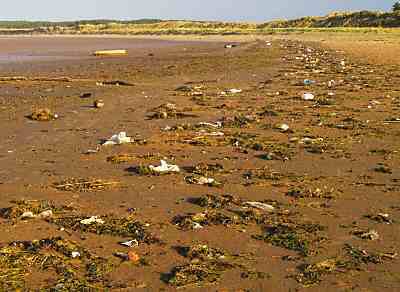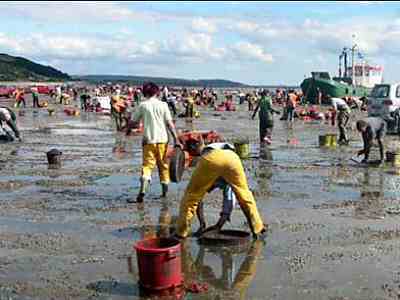Management principles
Favourable conservation status: all management actions should contribute towards achieving and maintaining favourable conservation status for the EMS features.
Sustainability: the management scheme should strive to ensure that activities are undertaken in sustainable ways that ensure social and economic objectives are integrated with the conservation objectives for the site (nb: not the other way around). Â The management scheme will seek to:
- provide a framework that will enable activities to be undertaken in sustainable ways,
- facilitate and inform the integration of social and economic objectives with the conservation objectives for the site.
By doing this, the scheme should both benefit the conservation management of the site and make a contribution to the environmental sustainability of developments.
The principle of sustainability will include the activities and operations of the RAG, which will seek to minimise its environmental footprint whilst carrying out its functions. To this end, for example, there will be a presumption in favour of distributing information electronically rather as paper copies wherever possible.
Precaution: all potential sources of risk to the EMS features should be examined. Where there is risk, lack of full scientific certainty will not be used as a reason for postponing identification and introduction of management measures that are likely to be cost effective in preventing damage.
Assessment of management requirements: identification of management requirements will be based on a full inventory of the necessary management action to secure and maintain favourable conservation status.
Appropriate and fit for purpose management actions that:
- integrate with and, where necessary, build upon existing plans and initiatives without duplication;
- wherever possible, are specific, measurable, achievable, realistic and have a timescale;
- are based upon best available scientific advice, and where such advice is insufficient, are considered in light of the precautionary principle;
- introduce additional regulation (eg new byelaws) where it is the only effective solution.
Partnership: with all stakeholders.
Education and raising awareness.
Monitoring and review: regular monitoring and review of the effectiveness of the scheme.
















